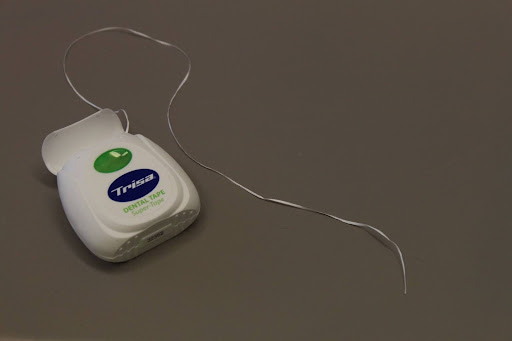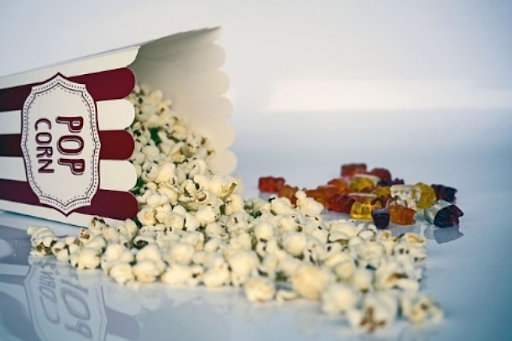
Promoting good oral health in children lays the foundation for a lifetime of healthy smiles and overall well-being. As a parent, imparting essential oral hygiene habits early on is paramount. By instilling these habits, you empower your children to maintain optimal oral health throughout their lives.
First and foremost, establish a robust oral hygiene routine for your children. Encourage them to brush and floss their teeth twice daily, using fluoride toothpaste to fortify enamel and prevent cavities. To ensure a thorough cleaning, consider using a timer to help your children brush for the recommended two minutes.
Educating your children about the significance of healthy eating is equally vital. A balanced diet rich in fruits and vegetables contributes to dental health by providing essential nutrients. Conversely, limiting sugary snacks and beverages helps deter cavity formation. Sugary treats can stimulate bacteria in the mouth to produce acid, which accelerates tooth decay.
Regular dental visits are a cornerstone of maintaining your child’s oral health. Scheduling routine check-ups with a dentist is crucial for monitoring your child’s dental health and addressing any concerns promptly. During these visits, the dentist can identify potential issues and offer guidance on maintaining healthy teeth.
Engage your children in conversations about oral health to underscore its importance. Emphasize the significance of proper brushing and flossing techniques, and utilize educational materials such as books to reinforce these concepts effectively.
Lead by example by demonstrating exemplary oral health practices. When your children observe you prioritizing regular brushing and flossing, making nutritious food choices, and attending dental appointments, they are more likely to emulate these behaviors.
In summary, cultivating good oral health habits in children is essential for fostering lifelong dental wellness. Establishing a consistent oral hygiene routine, promoting healthy eating habits, scheduling regular dental check-ups, and facilitating open discussions about oral health are all integral components. By setting a positive example and providing guidance, you pave the way for your children to enjoy healthy smiles for years to come. Contact our office today to schedule your child’s next appointment with our dedicated dentist in Osmond.











